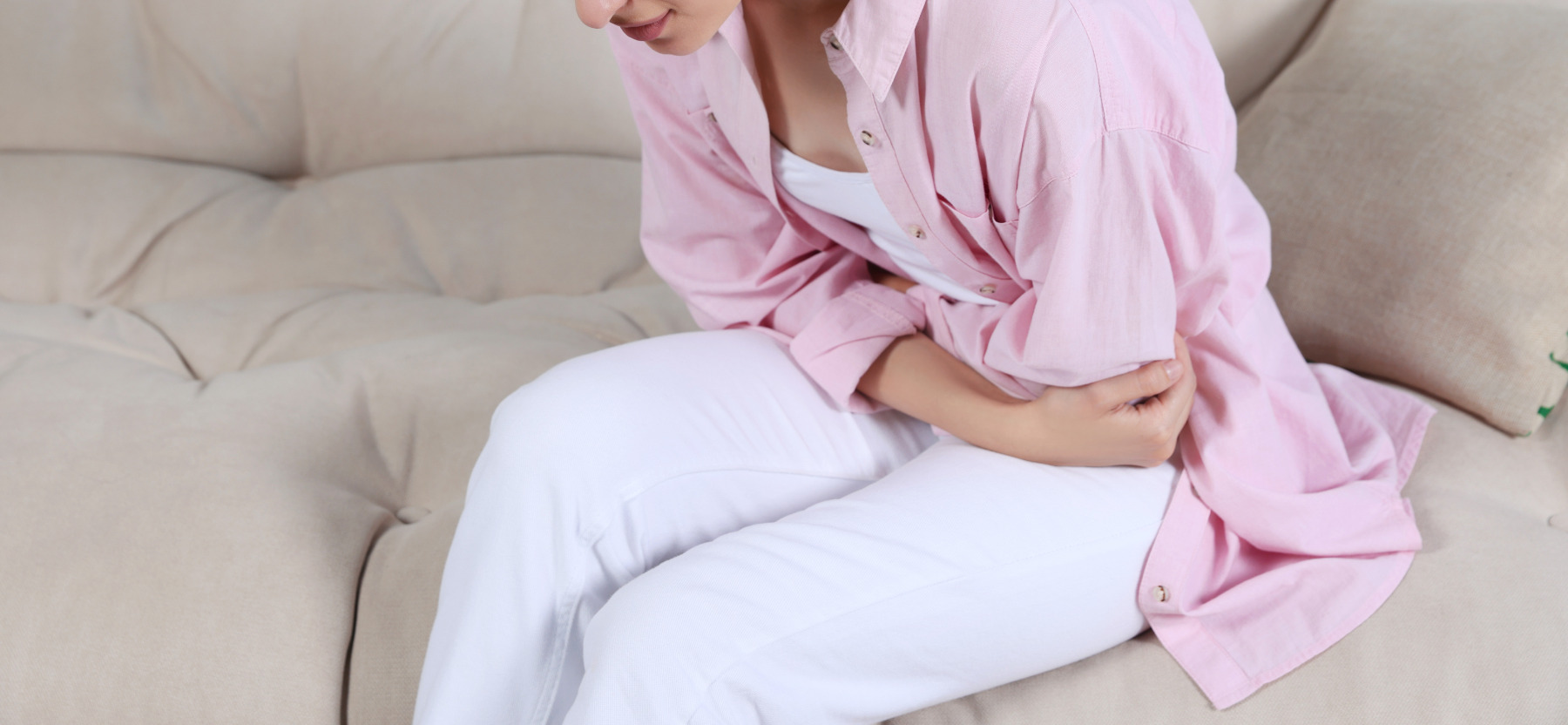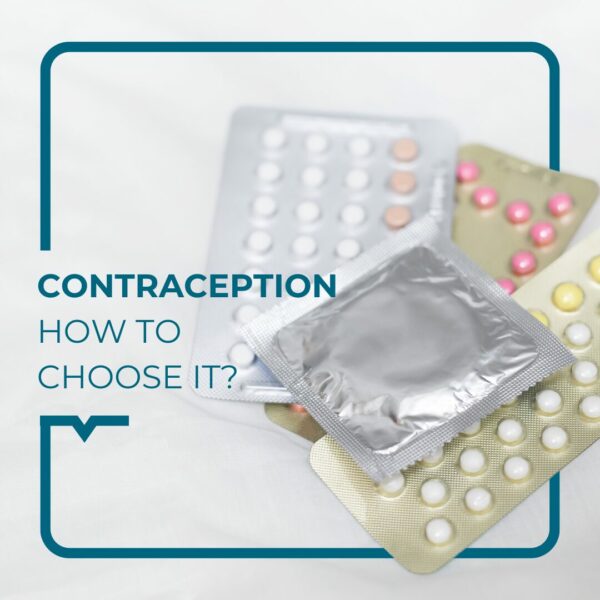Sylvie has (another) urgent need to go to the bathroom.
She is at the bottom of the building.
Three more floors to go.
She climbs the stairs 2 by 2.
Once on the toilet, it’s a real relief.
Until she feels intense burning.
And all this for only three drops of urine.
Hello, this is Dr Joy!
I’m back today to talk about a subject that mainly affects women.
We are talking about…
UTIs.
Vamos?
What is a urinary tract infection?
Urinary tract infections can affect different organs of the urinary system: the urethra, prostate, bladder or kidneys.
They mainly affect women.
This is in contrast to cystitis, which is a urinary tract infection located in the bladder. In 90% of cases, it is caused by a bacterium called “Escherichia coli”.
However, urine tests are necessary to determine the germ, as other bacteria or micro-organisms may be the cause.
The symptoms of a urinary tract infection are:
- A constant need to go to the toilet, but passing very small amounts of urine
- A heavy feeling in the lower abdomen or pain
- A burning sensation when urinating
- The urine may be cloudy and smell bad
Sometimes it can be accompanied by a low-grade fever, less than 38°C, a feeling of discomfort, back pain and chills.
In the case of cystitis, because the infection is localised to the bladder, the person has no back pain, no shivering and a normal temperature.
Contributing factors to UTIs
There are factors that contribute to the development of urinary tract infections.
In women, these may include:
- The short length of the urethra which facilitates the introduction of micro-organisms into the bladder through the urethra (from the outside in)
- Sexual intercourse, especially with the use of spermicides
- Genital and urinary prolapse in women (excuse the jargon), but this does not allow the bladder to be completely emptied and increases the risk of UTIs
- Urinary incontinence
- Estrogen deficiency after the menopause
- Pregnancy as a result of hormonal changes and the compression of the bladder by the uterus, which promotes urinary stasis and poor emptying of the bladder.
It’s rarer in men because their urethra is longer.
In the case of an untreated UTI, it can reach the kidneys and become pyelonephritis. This is the main complication of UTIs.
Treating a UTI in Lisbon
At the first symptoms of a UTI, consult a general practitioner.
The doctor will carry out a quick urine test using a urine dipstick. Depending on the case, they may prescribe a more complete laboratory analysis (a urinary cytobacteriological examination or a urinary cytology examination) to determine the micro-organism causing the infection and the most appropriate antibiotic.
Indeed, the treatment of urinary infections is based on the prescription of appropriate antibiotics.
You can have an cytobacteriological urine test done in different laboratories in Lisbon such as:
- SYNLAB Lisboa (Av. Liberdade)
🏥 Av. da Liberdade 129 2º A, 1250-096 Lisboa
📞 +351 213425184
⏲ Mon – Fri: 8:00 -13:00 /14:00 – 17:00
- Joaquim Chaves Saúde – Clínica de Entrecampos
🏥 Av. da República 101 1ºA, 1050-190 Lisboa
📞 +351 211122530
⏲ Mon – Fri: 8:00 – 20:00 / Sat: 8:00 – 13:00
- Análises Clínicas SYNLAB Amoreiras – Lisboa
🏥 R. Silva Carvalho 265, 1250-251 Lisboa
📞 +351 213874337
⏲ Mon – Fri: 8:00 -12:30 /13:30 – 16:30
If the symptoms persist, contact your doctor again and in the event of a recurrence, the advice of a urologist will be necessary.
Preventing urinary tract infection, our 7 tips
Of course, there are ways to prevent UTIs. Here are our top 7 tips:
1- Drink plenty of water, at least 1.5 litres a day
2- Avoid tight-fitting trousers
3- Don’t hold back when you need to urinate
4- Practice good daily intimate hygiene with mild soap and water, but do not douche
5- Urinate after every sexual encounter
6- Wear cotton underwear
7- Avoid the use of spermicides
Chronic urinary tract infections can be treated with naturopathy by focusing on anti-bacterial foods such as cranberry. Kidney cleansing and rebuilding the microbiota (with probiotics) are also encouraged. Ask our naturopath for advice on this.
Be careful when selecting your products. As far as cranberries are concerned, avoid juices that are very sweet. Choose food supplements that contain 36 mg PACS (proanthocyanidins)
We are coming to the end of this article, so we’ll see you soon.
Ate ja,
Dr Joy.
This information is not a substitute for medical advice.
You must seek the advice of your doctor or another qualified health professional with any questions you may have regarding your health condition.
Sources :
Améli.fr – https://www.ameli.fr/assure/sante/themes/cystite/reconnaitre-cystite
Vidal.fr – https://www.vidal.fr/maladies/reins-voies-urinaires/infection-urinaire-cystite.html
MSDmanuals.com – https://www.msdmanuals.com/fr/professional/troubles-g%C3%A9nito-urinaires/infections-urinaires/infections-bact%C3%A9riennes-des-voies-urinaires



